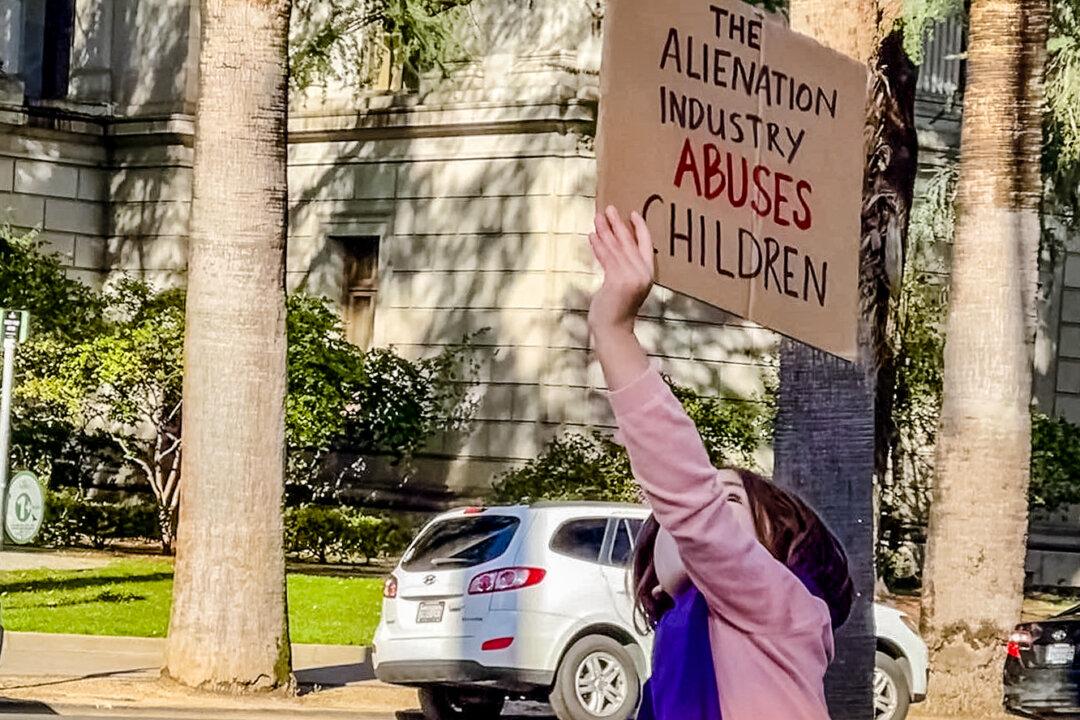A 15-year-old girl and an 11-year-old boy refused to leave their grandmother’s Santa Cruz, California, home in October 2022 when transport agents from a private company arrived to enforce a “reunification therapy” court order by a local family court judge.
At the beginning of a video of the incident, the agents appear to reason with the children. When that fails, havoc ensues, with the agents dragging the children and forcing them into a car.




